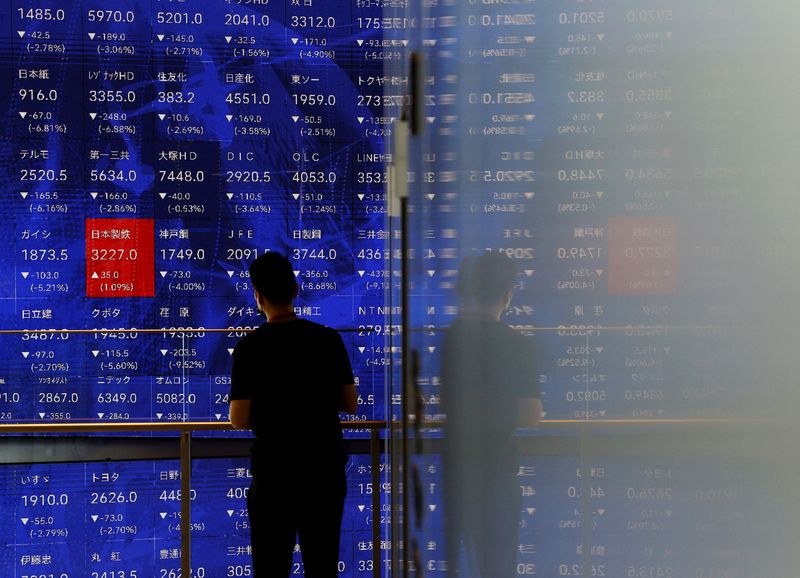Select Language

(Reuters) - Foreigners sold off most Asia ex-China bond markets in October as they were cautious ahead of the U.S. presidential election.
The potential for a Donald Trump victory, which ended up being the actual result, raised concerns of increased inflation from his planned tariffs and tax cuts, which lowered expectations for the accelerated rate cuts that had supported regional bonds this year.
They sold local bonds in Malaysia, Thailand and India, totalling a net $3.8 billion, following five monthly net purchases in a row, according to data from regulatory authorities and bond market associations.
Trump's decisive victory in last week's election has led analysts to adopt a more pessimistic view of foreign investment flows into Asian bonds.
Eugene Leow, senior rates strategist at DBS Bank, said a stronger dollar and rising Treasury yields, fuelled by increased bets on Trump-related trades, have been exerting pressure on Asian government bonds and interest rates.
"Optimism that was initially sparked by Fed easing bets around the middle of the year have largely evaporated," he said.
"Against this challenging backdrop, scope for Asia central bank easing has become more restrained while investor sentiment on local currency bonds have also become more muted."
The U.S. dollar was poised for big weekly gains on Friday, towering near one-year highs as a hawkish turn from the Federal Reserve chief sent short-term Treasury yields higher.
On the other hand, foreigners pumped $4.03 billion into South Korean bonds last month on optimism over South Korea's inclusion in the FTSE Russell's World Government Bond Index (WGBI) starting November 2025.
Indonesian bonds also received about $1.5 billion, a sixth monthly foreign inflow in a row.

